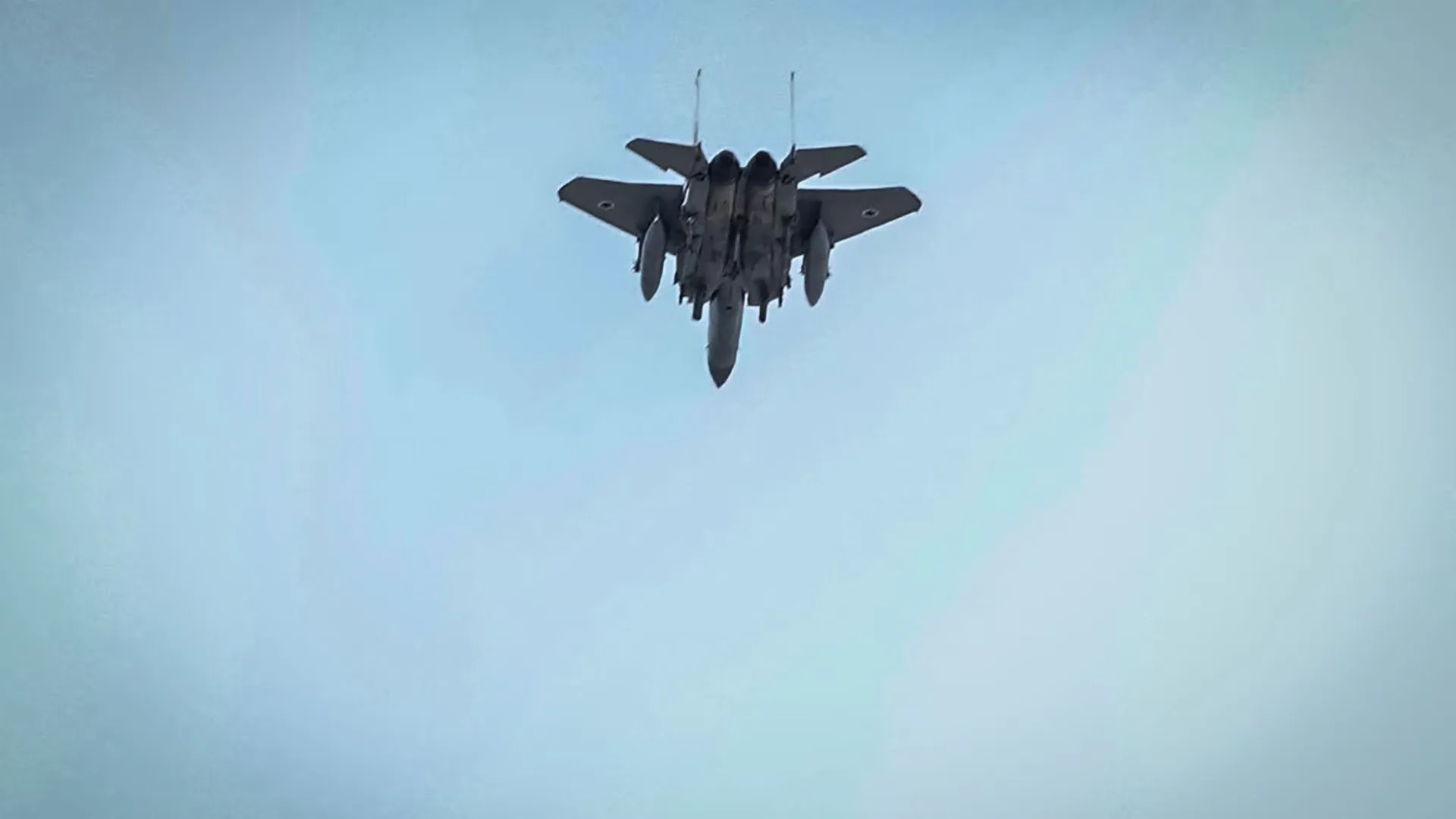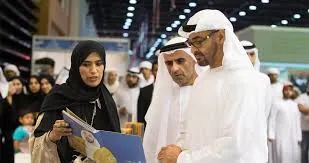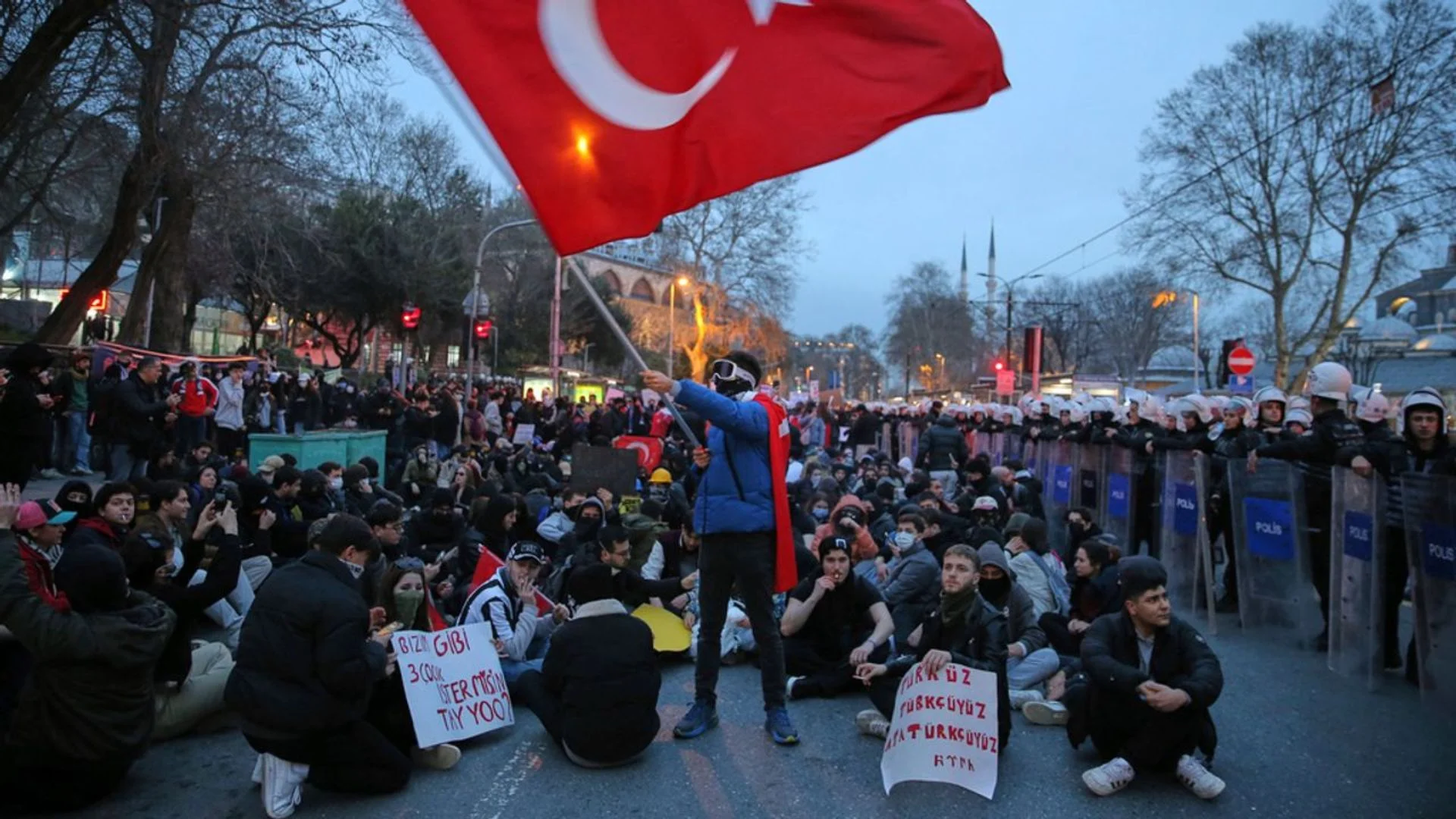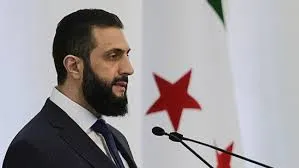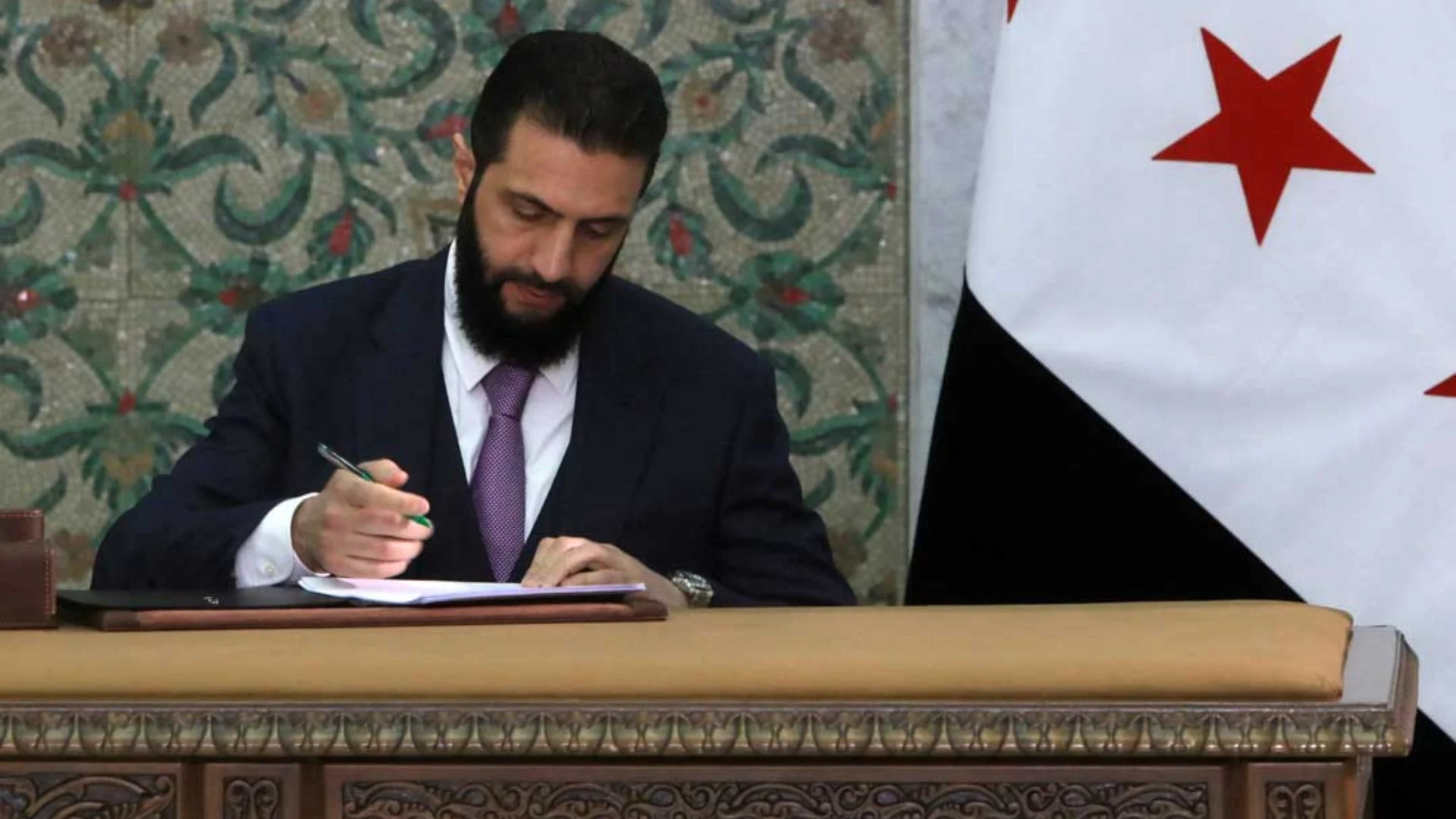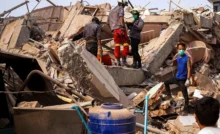Israeli Defence Minister Israel Katz stated that Israeli Air Force jets flying over the funeral of Hezbollah leader Hassan Nasrallah in Beirut on Sunday were delivering a “clear message” to those who pose a threat to Israel.
“Israeli Air Force planes currently flying over Beirut during the funeral of Hassan Nasrallah are sending a clear message: Anyone who threatens to destroy Israel and attacks Israel –- this will be their end,” Katz said in a statement.
Watch video:
Nasrallah was killed when Israel’s air force carried out an extensive bombardment, dropping more than 80 bombs on Hezbollah’s primary operations room in a southern suburb of Beirut. His death marked a major setback for the Iran-backed militant group, which he had transformed into a significant force in the Middle East.
As one of Hezbollah’s founding members, Nasrallah led the organisation for over 30 years, exerting substantial influence among Iran-backed factions in the region. Considered a key figure in the so-called Iran-led axis of resistance, he maintained close connections with allied groups in Iraq, Yemen, and Palestine.
‘Resistance is not over’
Tens of thousands of mourners dressed in black gathered in Beirut on Sunday to pledge their support for Hezbollah at the funeral of slain leader Hassan Nasrallah, following the group’s heavy losses in its recent confrontations with Israel.
Women were heard wailing as a truck carrying the coffins of Nasrallah and Hashem Safieddine—his designated successor who was also killed in an Israeli airstrike—moved slowly through the sea of mourners. The coffins were draped in Hezbollah’s yellow flag and topped with two black turbans.
The September assassination of the long-time leader, who had led Hezbollah for over 30 years, in a large-scale Israeli strike was a major setback for the Iran-backed organisation. However, Hezbollah, which has held a dominant role in Lebanon’s political landscape for decades, continues to enjoy strong support within the country’s majority Shiite Muslim community.
As the funeral commenced at the Camille Chamoun Sports City Stadium, Israeli fighter jets flew low over Beirut. Israeli Defence Minister Israel Katz said the flights were meant to send a “clear message” to anyone who threatens Israel.
In a televised address to the gathering, Nasrallah’s successor, Naim Qassem, vowed that Hezbollah would continue to follow his predecessor’s “path” and rejected any influence from the United States over Lebanon.
“The resistance is not over, the resistance is still present and ready” to confront Israel, he declared.
As Nasrallah’s speeches played over loudspeakers, mourners raised their fists and chanted, “We are at your service, Nasrallah” and “We are loyal to the promise, Nasrallah.” Braving the biting cold, men, women, and children walked long distances to attend the ceremony, which had been postponed for months due to security concerns.
Funeral procession
A funeral procession is set to take place near the airport highway, where Nasrallah will be laid to rest. Meanwhile, Safieddine will be buried in his hometown of Deir Qanun al-Nahr in southern Lebanon on Monday.
Hezbollah’s Al-Manar television reported that the group had deployed 25,000 members to manage the crowd, while a security source stated that 4,000 troops and security personnel were on duty.
Beirut airport will be temporarily closed for four hours, according to civil aviation authorities.
Nasrallah, one of Hezbollah’s founding members in 1982, gained widespread recognition in the Arab world in May 2000 when Israel withdrew from south Lebanon after 22 years of occupation, following sustained attacks by the group under his leadership.
Over the years, Hezbollah has remained a divisive force in Lebanon. While some support the group, others have criticized it for provoking conflicts with Israel, particularly in its backing of Palestinian militant group Hamas.


